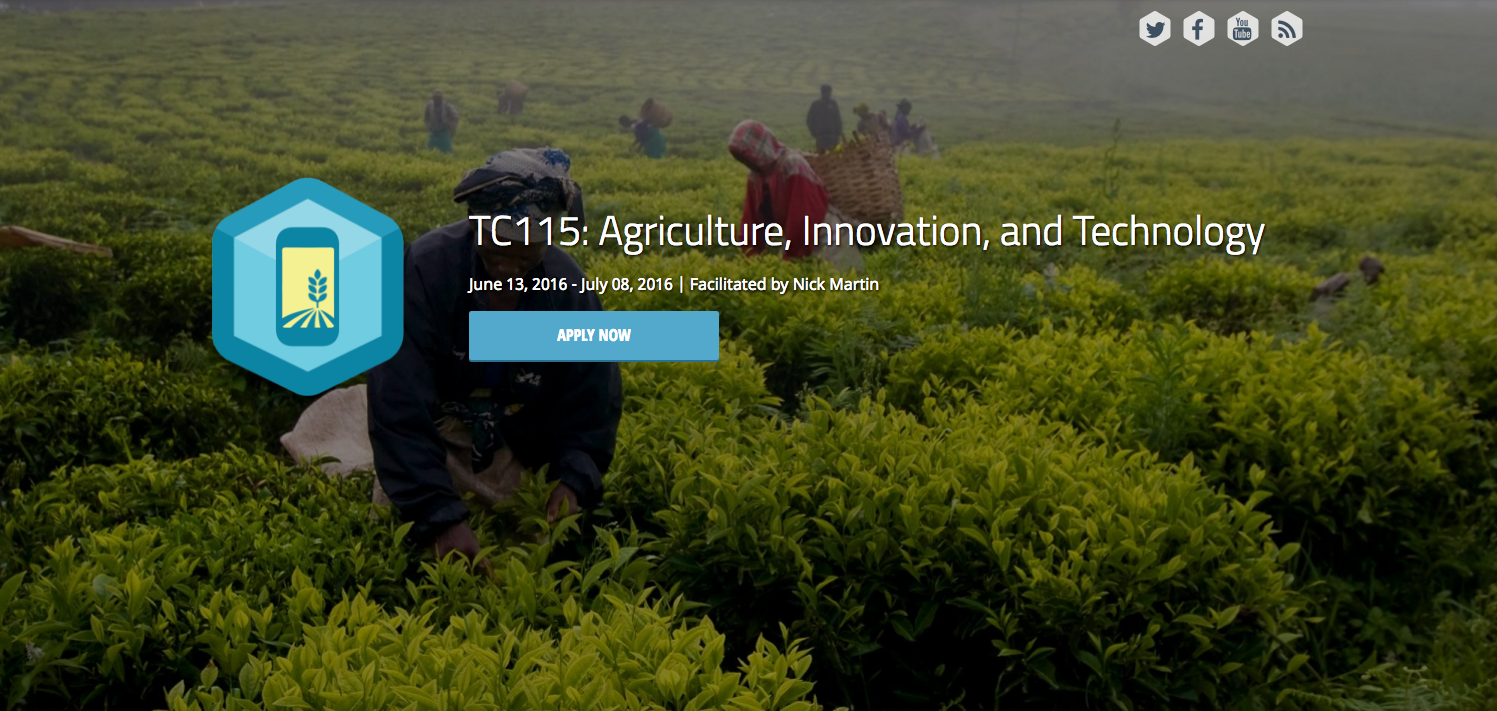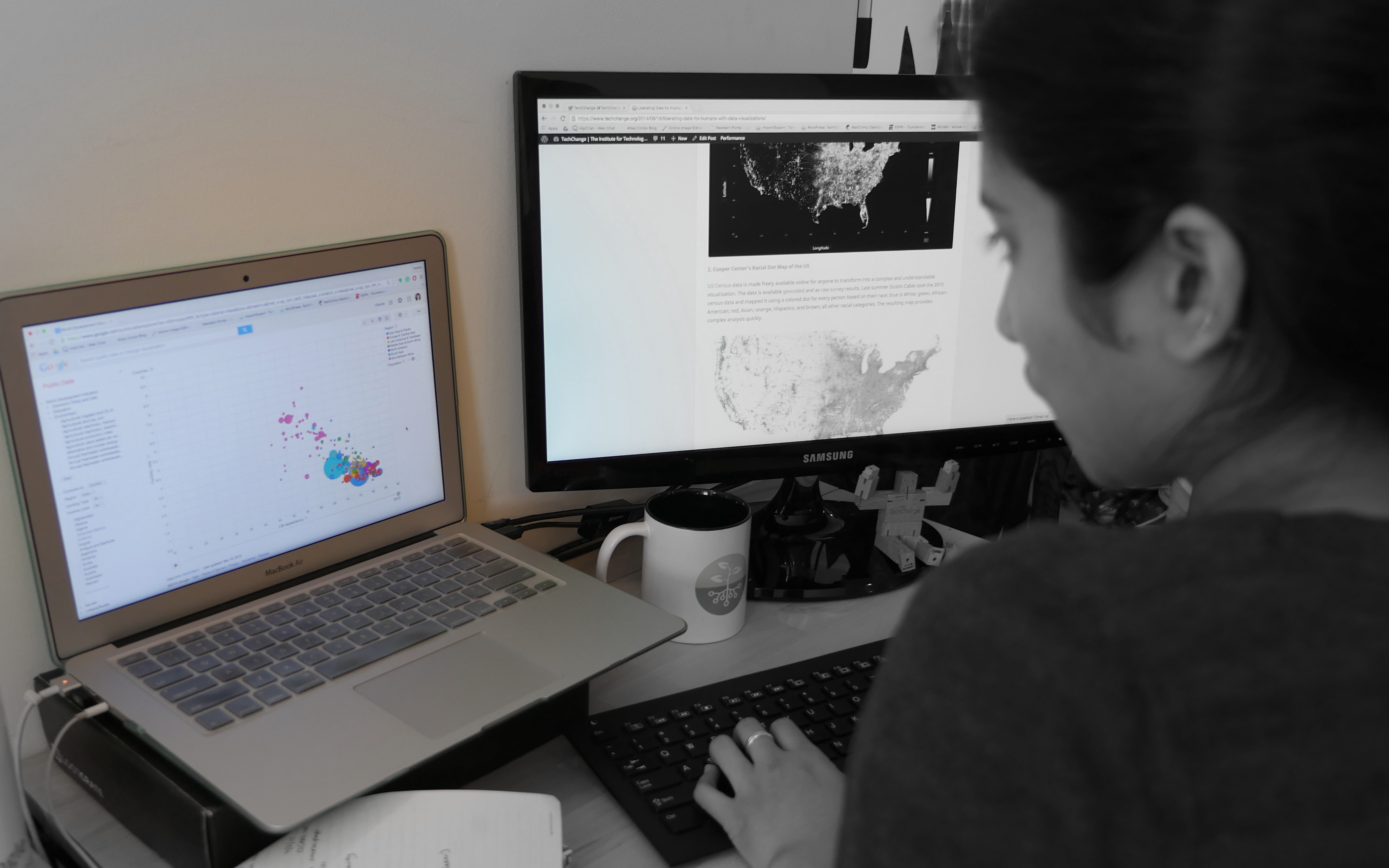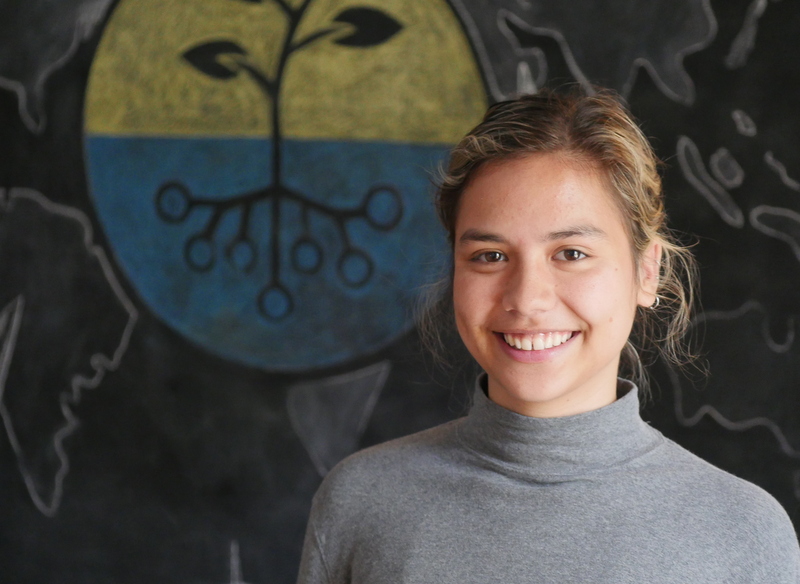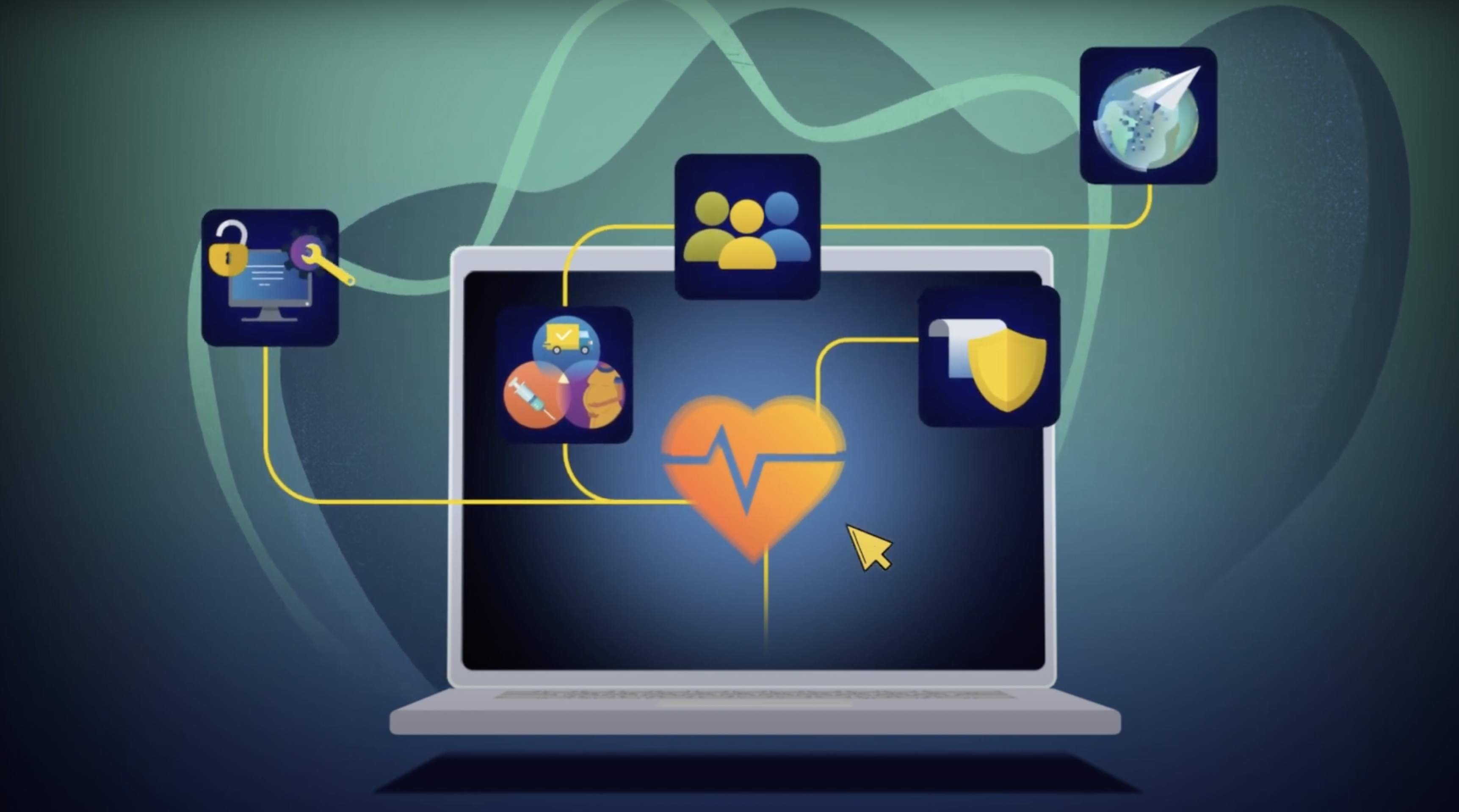Exciting News: We are launching our first ever online course on Agriculture, Innovation and Technology in coordination with ICTforAg 2016, a premier conference on the use of technology to improve smallholder value chains.
So far we have confirmed the following speakers:
- Jamila Abass, CEO & Co-Founder, MFarm Ltd(K)
- Judith Payne, e-Business Advisor, USAID
- Hillary Miller-Wise, Esoko
- Jaheil Oliver, CEO of Hello Tractor
- Samantha Wapnick, Field-based Climate, Gender, and KM Manager—Feed the Future Naatal Mbay
- Eric Couper, COO, GreenPath Food
- David MacAfee, Founder and CEO, HNI
- Karen Hampson, Regional Program Manager, East and Southern Africa Farm Radio
- Alex Dunlop, Digital Green
- Anushka Ratnayake, Founder & Executive Director of MyAgro
- Shaun Ferris, Catholic Relief Services
The four-week online certificate course will explore a number of design considerations and technologies to help make agricultural production increasingly accessible and affordable in the developing world. These include: digital financial services, SMS and IVR campaign tools, remote sensing technologies, mobile applications and services, drone surveillance, GIS data and more.
The course will use the principles of digital development as a guiding framework and feature a variety of discussions, activities, case studies and live guest expert presentations around the following weekly topics:
- Week 1: Introduction, Crop Planning and Financing
- Week 2: Planting and Growing (Crop Cycle)
- Week 3: Post-Harvest and Farm Management
- Week 4: The Horizon of ICTs for Agriculture (Sensors, GIS, Big Data, and Digital Photo Recognition, Data Analytics)
Across all four weeks, we will weave in several topics that go across the agriculture cycle, such as:
- The trade-offs between different digital “channels” (e.g., mobile versus radio versus GIS) for different types of information and learning
- The potential role of farmer profiling and its opportunities and challenges
- The roles and challenges of using community or rural service agents
- Terms such as “push” versus “pull”; direct to farmer or mediated
- The role and capacity of local service providers, international ones, and mobile network operators
- The role of government ministries
- Gender and youth as factors in the design, rollout and scaling of digital services
The course will also consider a range of challenges to implementation like access to power, language barriers, literacy levels, high transactions costs, access to quality extension services and more.
Participants can expect a dynamic learning environment with a number of real-world case studies from countries like Mali and Kenya, custom animations and video tutorials, interactions with leading experts in the field and practical simulations to apply new skills and strategies.
Judy Payne, USAID’s ICT Advisor for Agriculture, has served as an advisor in the design of this course. She is also the Bureau of Food Security (BFS) lead for the Digital Development for Feed the Future Collaboration between the Global Development Lab and BFS.
If you are interested in taking both the online certificate course and attending the ICT4Ag conference, FHI 360 and TechChange have partnered up to offer a discounted bundle price of $395 for both the course and the conference! Email us at social@techchange.org for more information.
Course Highlights:
Below are a few case studies and guest expert presentations we’ll be highlighting throughout the course:
- iCow
The dairy industry in Kenya is a 395 million dollar industry supported largely by a network of 1.6m farmers. Most farmers are small scale and use rudimentary methods to manage their cows’ estrus cycle and milk production. Smallholder farmers are estimated to sell an average of 3 to 5 litres per day; calculations show that 15 litres per day is the required production to bring a family over the poverty line. Green Dreams TECH Ltd developediCow®™ with the main motivation being to help small scale farmers maximize their returns throughout their cows’ lifecycle. Read a recent blog post by National Geographic here. - Hello Tractor
“There’s about 35 million small farmers in Nigeria, and 80 percent of that number, about 28 million, pay for off-farm labor at the same time,” stated Hello Tractor founder Jehiel Oliver in a recent interview. “There’s huge demand for labor, but not everyone can pay for high-season help. As a result, those farmers end up planting later, underusing their land and losing out on income. Often, those farmers are women.” Hello Tractor is a social enterprise that is improving food and income security by building a network of “Smart Tractor” owners that farmers obtain service from via SMS. This way, small landowners have access to affordable farm machinery services to increase their productivity. Right now Hello Tractor primarily operates in Nigeria. Jehiel will be joining us for a live guest expert presentation. - Digital Green
Digital Green is a not-for-profit international development organization that uses an innovative digital platform for community engagement to improve lives of rural communities across South Asia and Sub-Saharan Africa. They partner with local public, private and civil society organizations to share knowledge on improved agricultural practices, livelihoods, health, and nutrition, using locally produced videos and human mediated dissemination. In a controlled evaluation, the approach was found to be 10 times more cost-effective and uptake of new practices seven times higher compared to traditional extension services. See a sample video of plant and soil management here.Alex Dunlop, director of business development, will join us for a live guest expert presentation. - MyAgro
Back in 2013 I had the wonderful privilege of meeting Anushka Ratnayake, Founder & Executive Director of myAgro as part of the PopTech social innovation fellowship. MyAgro sells agricultural inputs (fertilizer and seed) on layaway via a mobile phone platform and a network of local village vendors. They work primarily in Mali because even though Mali is one of the 10 poorest countries in the world, it also holds a tremendous amount of growth potential. Bamako is the fastest growing city in Africa and the 6th fastest growing country in the world. The average Malian farmer has around 5 hectares of land (10 acres) which makes them well-placed to be mini-agribusinesses – where a small investment can make a big return. Read more about the MyAgro model here. - Farm Radio International
Because of its unrivalled access and its low production costs, radio is the technology that best meets the information and communication needs of farmers worldwide. Farm Radiohelps African radio broadcasters meet the needs of local small-scale farmers and their families in rural communities. FarmRadio works primarily in Ghana, Ethiopia, Tanzania, Mali. Read a recent interview with FarmRadio on FoodTank.com here. We’re thrilled to have Karen Hampson join us for a live expert presentation on their exciting work. - HNI 3-2-1
HNI has created a service called 3-2-1 — a mobile phone information service to prepare resource-poor individuals in take action to improve their health and well-being. Callers dial the toll-free number, 3-2-1, anytime, anywhere. They are greeted by a welcome message in their local language.The voice prompts them through the menu of topics until they find the trusted information they need, when they need it. HNI founder and CEO David MacAfee will be joining us for a live expert presentation. Watch a video about 3-2-1 and listen to sample 3-2-1 messages here.
Register Now:
If these innovations excite you and you’d like to learn more then be sure to reserve your spot today.
Also be sure to check out the ICTforAg conference in Washington DC on June 10th. TechChange is excited to be teaming up with FHI360, DAI, and Abt Associates to host this one-day extravaganza on all things ICT and agriculture!




